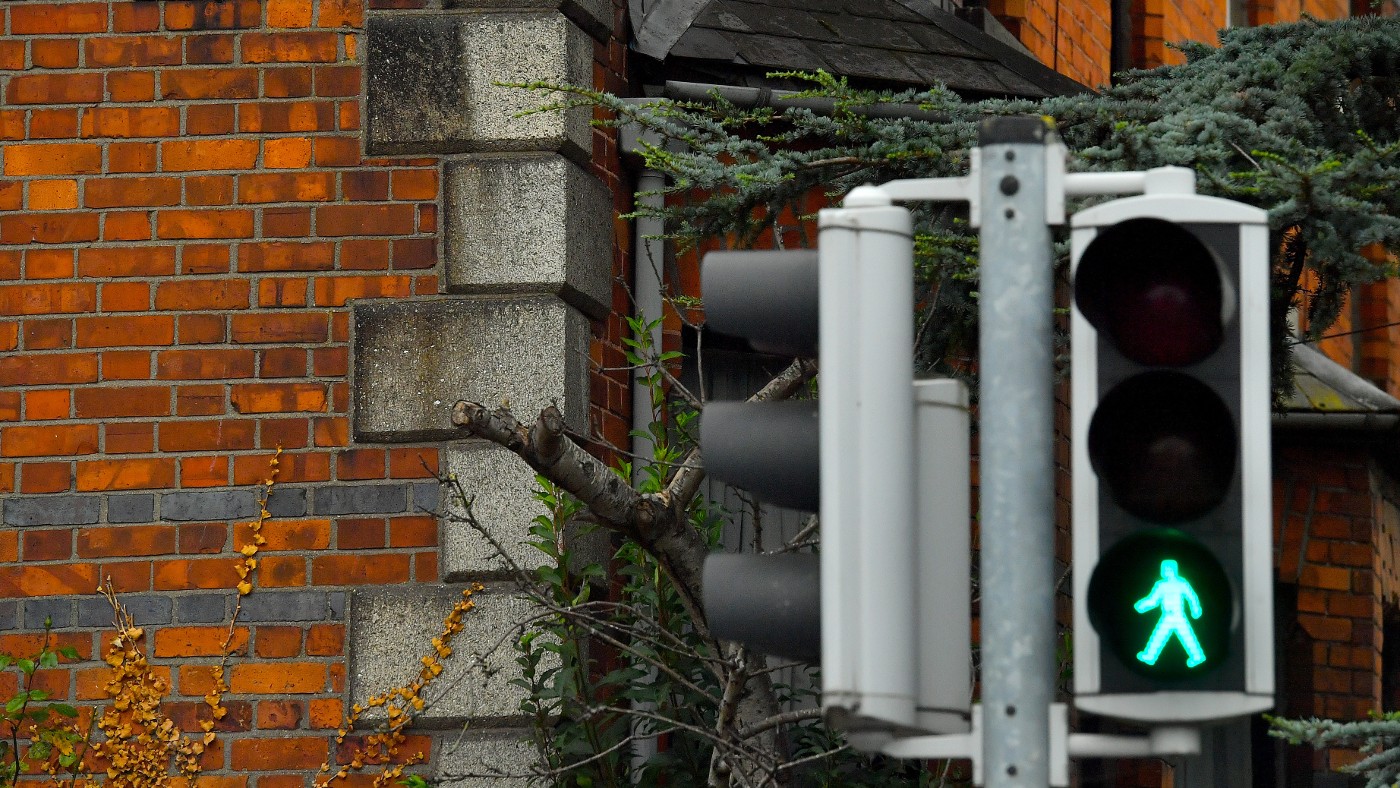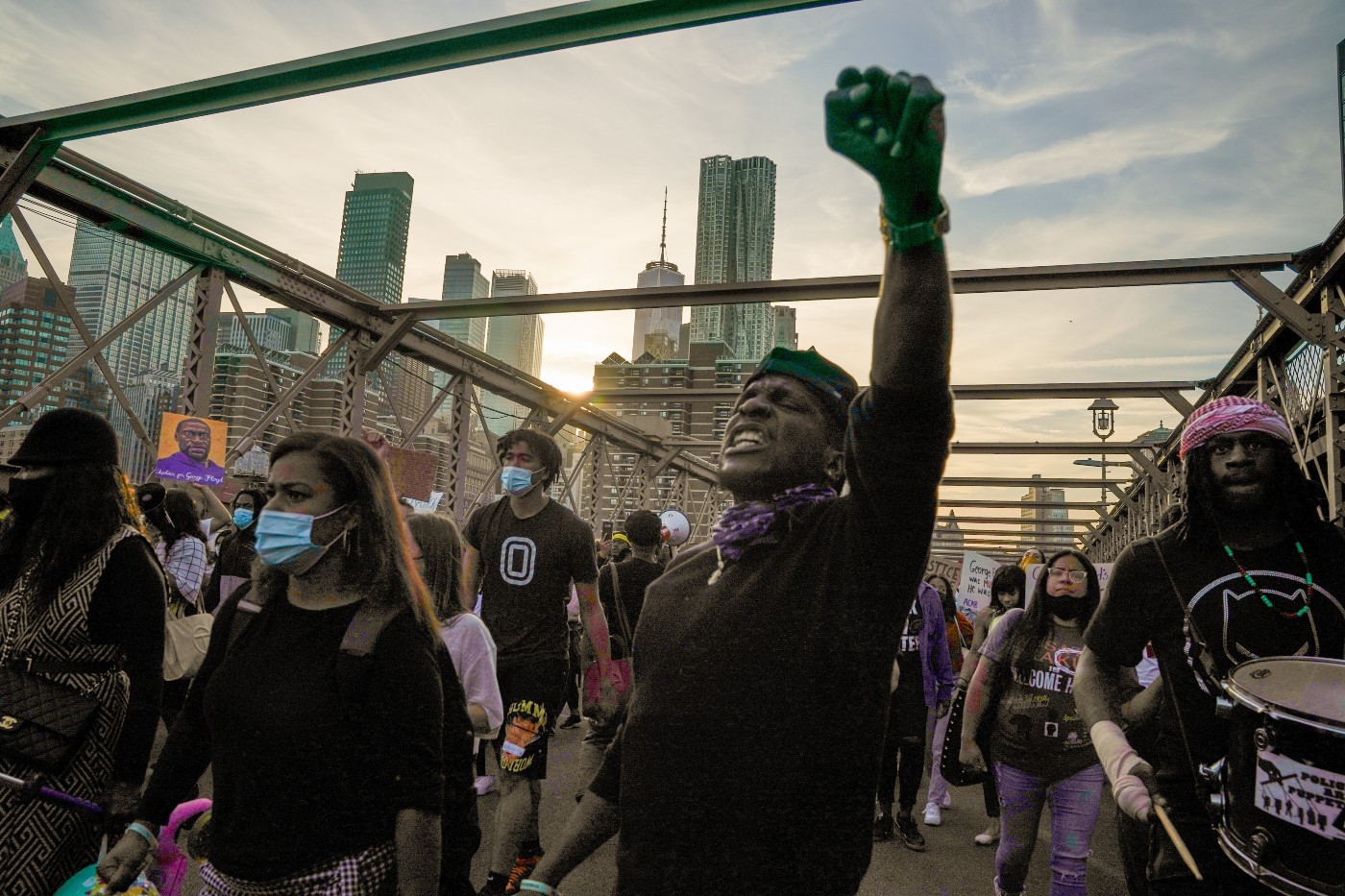The Week Unwrapped: SIDS, Tasers and Alabaman rights
Are we closer to understanding sudden infant death syndrome? Has a Trump-appointed judge given hope to trans Americans? And do too many British police have Tasers?
A free daily email with the biggest news stories of the day – and the best features from TheWeek.com
You are now subscribed
Your newsletter sign-up was successful
Olly Mann and The Week delve behind the headlines and debate what really matters from the past seven days.
You can subscribe to The Week Unwrapped wherever you get your podcasts:
In this week’s episode, we discuss:
The Week
Escape your echo chamber. Get the facts behind the news, plus analysis from multiple perspectives.

Sign up for The Week's Free Newsletters
From our morning news briefing to a weekly Good News Newsletter, get the best of The Week delivered directly to your inbox.
From our morning news briefing to a weekly Good News Newsletter, get the best of The Week delivered directly to your inbox.
Sudden Infant Death Syndrome
An Australian researcher who had lost her own son to Sudden Infant Death Syndrome has published a study suggesting that testing for a particular enzyme could help to identify babies at risk of succumbing to the little-understood condition. While experts in the field have welcomed the research, they have also received it with caution. The results of the test are unlikely to provide anything like a definitive prediction – and it is not yet clear how the enzyme in question is linked to the risk of sudden death.
Tasers
At the Police Federation’s annual conference this week, Priti Patel announced that she was authorising Special Constables to carry Tasers for the first time. The home secretary said this would ensure that the UK’s nearly 9,000 voluntary police officers are not “at a disadvantage when facing an attacker wielding a knife or a marauding terrorist”. The move has caused concerns, with Amnesty International UK warning that it will lead to “more instances of misuse, serious harm and death”. But how dangerous are Tasers – and with public confidence in policing at rock bottom, is this really the right time to be giving officers more power?
Trans rights in Alabama
A judge in Alabama has blocked part of a law that makes it a felony to give gender-affirming puberty blockers and hormones to people under the age of 18. US district judge Liles Burke, who was appointed by Trump, issued a preliminary injunction to stop the state from enforcing the medication ban. It leaves in place the part of the law that bans sex-altering surgeries and prohibits school officials from keeping certain gender-identity information secret from parents. But could it mark a turning of the tide against anti-trans legislation in the US.
A free daily email with the biggest news stories of the day – and the best features from TheWeek.com
-
 Local elections 2026: where are they and who is expected to win?
Local elections 2026: where are they and who is expected to win?The Explainer Labour is braced for heavy losses and U-turn on postponing some council elections hasn’t helped the party’s prospects
-
 6 of the world’s most accessible destinations
6 of the world’s most accessible destinationsThe Week Recommends Experience all of Berlin, Singapore and Sydney
-
 How the FCC’s ‘equal time’ rule works
How the FCC’s ‘equal time’ rule worksIn the Spotlight The law is at the heart of the Colbert-CBS conflict
-
 Tourist sparks bomb alert after accidentally ordering a 'grenade'
Tourist sparks bomb alert after accidentally ordering a 'grenade'Tall Tales And other stories from the stranger side of life
-
 ‘Irony’ as Zoom calls staff back to office
‘Irony’ as Zoom calls staff back to officefeature And other stories from the stranger side of life
-
 Green man will stay on longer for fat Brits
Green man will stay on longer for fat Britsfeature And other stories from the stranger side of life
-
 George Floyd legacy: what has changed in the US three years on
George Floyd legacy: what has changed in the US three years onfeature Police officers are more accountable but has ‘white empathy’ hit a wall?
-
 How your laughter shows when you’re in love
How your laughter shows when you’re in lovefeature And other stories from the stranger side of life
-
 The Week Unwrapped: Korean succession, terror by algorithm and German disquiet
The Week Unwrapped: Korean succession, terror by algorithm and German disquietpodcast Could a 10-year-old girl rule North Korea? Will an Isis victim upend web law? And why is Germany upset with its Oscars contender?
-
 The Week Unwrapped: Chinese chips, the Pope in Africa and podcasting
The Week Unwrapped: Chinese chips, the Pope in Africa and podcastingpodcast Is China losing the microchip war? What is the Vatican doing in South Sudan? And has the podcast tide turned?
-
 US elite crime-fighting units: a recipe for trouble?
US elite crime-fighting units: a recipe for trouble?feature Tyre Nichols’ death in Memphis highlights the dangers of using of elite crime-fighting units